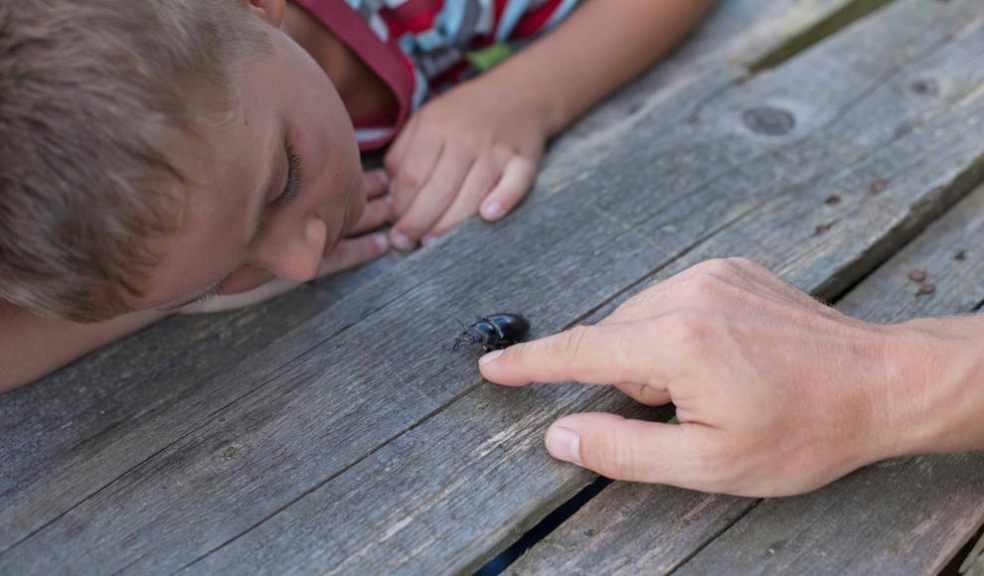
Why Every Child Deserves an Adventure: The Benefits of Outdoor Education
Unlocking the great outdoors offers a unique opportunity for children to explore and learn in a dynamic environment. Outdoor education provides a platform for young minds to develop critical thinking, teamwork, and problem-solving skills through hands-on experiences. By stepping outside the traditional classroom setting, kids gain a deeper appreciation for nature and the world around them, fostering a sense of curiosity and adventure.
Planning an educational adventure requires careful consideration to ensure it is both safe and beneficial for all participants. It's about selecting activities that match the age and abilities of the children, while also aiming to introduce them to new challenges. Through these adventures, children learn to overcome obstacles, work together, and build confidence, setting the foundation for lifelong learning and personal growth.
Essential Tips for Success
Planning your first educational adventure can be an exciting yet daunting task. It's crucial to start with a clear goal in mind. What do you want the children to learn or experience? Whether it's building teamwork skills, learning about local wildlife, or developing resilience, your objectives will guide every decision you make. Consider the age group and interests of the children to ensure the activities are engaging and appropriate.
Next, logistics play a key role in the success of your adventure. This includes selecting a suitable location, considering transportation options, and ensuring all safety measures are in place. It's also important to communicate with parents and guardians, providing them with all the necessary information and obtaining their consent.
Multi-Day Educational Experiences
Residential trips for primary schools offer an unparalleled opportunity for children to immerse themselves in new environments, away from the familiarity of their daily routines. These trips are not just about having fun; they are carefully designed to enhance learning through adventure and exploration. By living and learning in a different setting, children develop independence, social skills, and a sense of responsibility. The experiences gained from such trips can have a profound impact on a child's personal and academic growth.
Choosing the right programme for your residential trip is crucial. It should align with your educational objectives, whether that's fostering a love for nature, enhancing team-building skills, or providing hands-on learning experiences in history or science. Safety, of course, is paramount, so selecting reputable providers who understand the needs of primary school children is essential.
Eco-Conscious Exploration and Education
Teaching children to become eco-conscious explorers through outdoor education is a powerful way to instil a deep respect for the environment. By integrating environmental awareness into your adventures, you're not only broadening their understanding of the world but also highlighting the importance of preserving it for future generations. Activities such as wildlife observation, litter picking, and learning about local ecosystems can make these concepts tangible for young minds.
Encouraging children to take responsibility for their surroundings fosters a sense of ownership and pride in their actions. Discussing the impact of human activities on nature and exploring sustainable practices can inspire them to make more environmentally friendly choices.
Outdoor education offers a unique blend of adventure, learning, and personal growth that benefits children in numerous ways. Each adventure is an opportunity to inspire young minds, encourage curiosity, and build resilience. By prioritising these experiences, you're contributing to the development of well-rounded, eco-conscious individuals ready to face the challenges of tomorrow.













